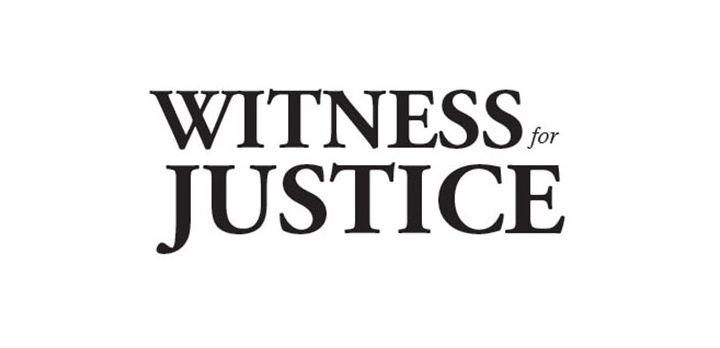Commentary: Similar Stunt, Different Day, Still Barbaric
The story of the involuntary separation of vulnerable children from their parents seeking refuge in the U.S. has dominated the global news cycle for nearly a month. This is an outgrowth of the current administration’s “zero-tolerance” immigration policy, which compels criminal prosecution of migrating parents who have crossed the border illegally. At the same time the rules governing who is able seek asylum in our country are being changed. Sexual and gender-based violence, and gang violence may no longer be considered acceptable reasons for seeking refuge in the U.S. Those who dare to cross our southern border, regardless of the circumstances driving them, are being treated as less than human, producing trauma for all. And though some families are now being reunited, many caregivers have no idea where their children have been taken. This will have a long-lasting effect on the many who will experience it.
Truthfully this evil behavior is not new. During one of the darkest chapters in American history, enslaved black families were regularly ripped apart. Mothers, fathers, brothers, and sisters — no one was safe. Many were violently beaten, raped, and then sold; only for that same cycle to repeat with a new owner. Having been stripped of their cultural identity and familiar ties, while being psychologically and spiritually traumatized, some chose to end their lives to escape the devastation, fear, and constant humiliation. This cycle lasted for hundreds of years until enslaved peoples were finally and rightfully emancipated by executive order in 1863.
Then from about 1870 – 1970, Native American families were subjected to a similar form of the barbaric treatment cited above. Many American Indian children were taken from their homes; their families told that they would be assimilated and given better a future. These innocents were placed into Christian boarding schools where they were physically, emotionally, spiritually, and even sexually abused. They, like enslaved blacks, were forbidden to speak in their native tongues or practice any of their ancestral religious. Many had little to no contact with their families and ultimately suffered from depression, anxiety and even suicide due to the reoccurring trauma.
Now here we go again. This evil behavior has resurrected in the 21st century. Have we not yet learned the lessons from our past? It ought to be our moral imperative to keep families together! In a letter to Attorney General Jeff Sessions and others on June 19, American Medical Association CEO, Dr. James L. Madara strongly urged the government to stop the enforcement of the zero-tolerance immigration policy. He wrote that, “It is well known that childhood trauma and adverse childhood experiences created by inhumane treatment often create negative health impacts that can last an individual’s entire lifespan.” Our history has already shown us what happens to those who are psychologically traumatized.
Under enormous public pressure, on June 20, President Trump amended the policy of family separation by executive order. But this is just the beginning of a long road toward healing and redemption. Families remain separated and the zero-tolerance policy still stands. Only upon the reunion of all those families can we begin to redeem our character as a nation.
Let us recall a message of hope, penned by Emma Lazarus in 1883, inscribed on the base of the Statue of Liberty, “Give me your tired, your poor, Your huddled masses yearning to breathe free, The wretched refuse of your teeming shore; Send these, the homeless, tempest-[tossed] to me, I lift my lamp beside the golden door.” This is who we strive to be at our finest.
Rev. Dr. Bentley de Bardelaben is Executive Associate for Justice and Local Church Ministries of the United Church of Christ.
View this and other columns on the UCC’s Witness for Justice page.
Donate to support Witness for Justice.
Click here to download the bulletin insert.
Related News
Demystifying the Stigma of Mental Illness
Like many others, I come from a family system that placed taboos on speaking publicly about...
Read MoreStaying Grounded in Tumultuous Times
For years I have referred to myself as a peace-loving hippie-type pacifist who believes that...
Read MoreVision and Reality
In 1215, at Runnymede in England, King John signed the Magna Carta. The mythos surrounding...
Read More
